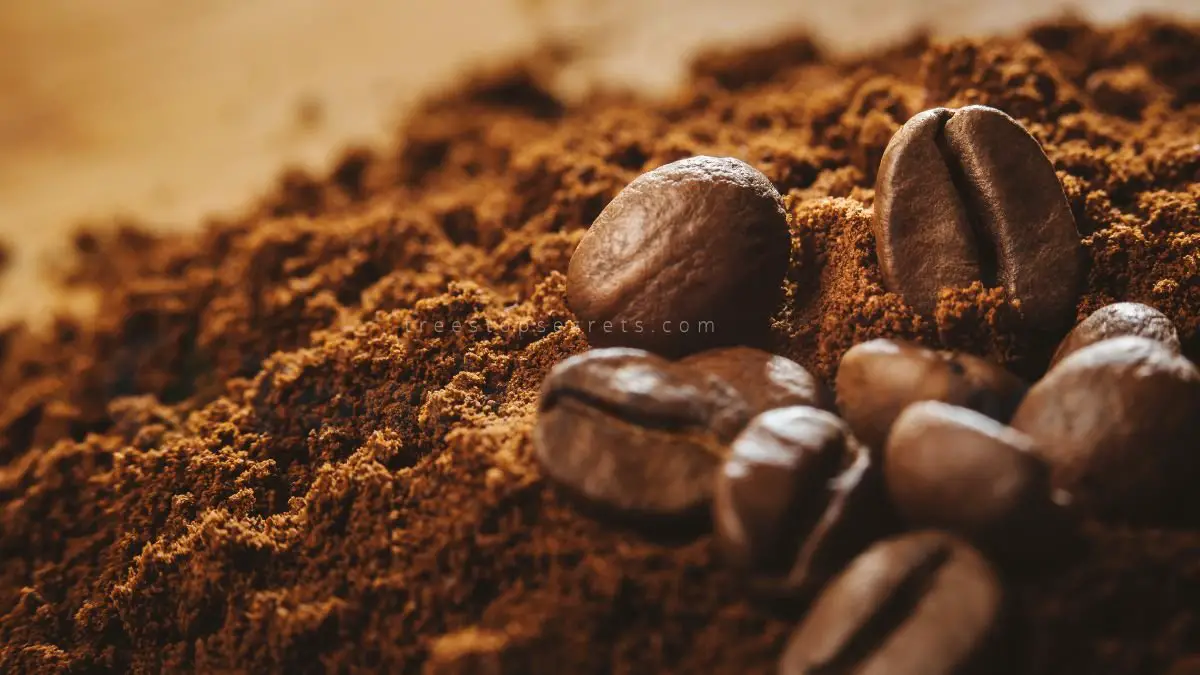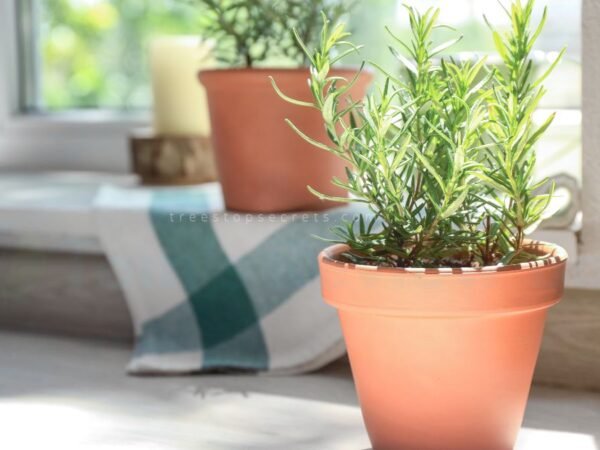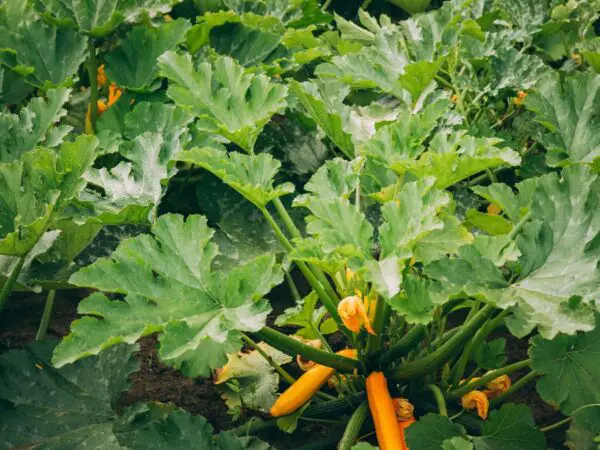Curious if your morning coffee grounds could be the secret weapon for gardeners' success in seed germination and plant roots? Wonder no more! We'll uncover the truth behind this popular gardening hack and explore the benefits it may offer to your beloved greenery.
Discover the potential of turning your leftover coffee grounds, rich in caffeine, into a natural fertilizer that can enrich your garden soil and promote plant growth. Let's separate fact from fiction and find out how you can give your plants a nutrient boost while reducing waste. Get ready to unlock the secrets of using coffee grounds in your garden!
Key Takeaways
- Incorporate coffee grounds in your gardening routine by understanding their benefits for plants, houseplants, and as a fertilizer.
- Follow Proper Application Techniques: Use coffee grounds effectively by following best practices for application to maximize plant growth and soil health.
- Choose Plants Strategically: Select plants that thrive with coffee grounds to enhance their growth and overall health in your garden.
- Avoid Certain Plants: Be cautious when using coffee grounds on specific plants to prevent any negative effects on their development.
- Get Creative with Recycling: Explore innovative ways to recycle coffee grounds beyond just gardening, promoting sustainability and eco-friendly practices.
- Consider Potential Drawbacks: Understand the drawbacks and considerations associated with using coffee grounds in gardening to make informed decisions for your plants.
Understanding Coffee Grounds and Plants
Coffee grounds can benefit plants in various ways, from improving soil structure to enhancing nutrient provision and overall soil quality.
Benefits for Soil
Enhances soil structure and drainage: Coffee grounds aid in loosening compacted soil, allowing better root growth and water infiltration.
Adds organic matter to the soil: The organic content in coffee grounds enriches the soil, providing essential nutrients for plant growth.
Helps in moisture retention: Coffee grounds act as a natural mulch, retaining moisture in the soil and reducing water evaporation.
Nutrient Provision
Supplies nitrogen to the soil: Nitrogen is a crucial nutrient for plant growth, and coffee grounds contribute to maintaining optimal nitrogen levels in the soil.
Boosts soil fertility: The nutrients released from coffee grounds enhance the fertility of the soil, promoting healthier plant growth.
Assists in plant growth and development: By providing essential nutrients, coffee grounds support robust plant growth and development processes.
Soil Quality Improvement
Improves soil aeration: Coffee grounds help aerate the soil, preventing compaction and allowing roots to access oxygen more efficiently.
Enhances microbial activity in the soil: The presence of coffee grounds encourages beneficial microbes' growth, which aids in breaking down organic matter.
Supports beneficial earthworm populations: Earthworms are vital for maintaining healthy soils by decomposing organic material and enhancing nutrient cycling.
How to Use Coffee Grounds in Gardening
Adding to Compost
When adding coffee grounds to compost, it enhances the nitrogen content, speeding up decomposition. This helps balance the carbon-nitrogen ratio, aiding in nutrient-rich soil for plants.
Making Liquid Fertilizer
Utilizing coffee grounds to create liquid fertilizer results in a nutrient-rich solution for plants. It offers a quick boost of nutrients that can be easily absorbed by plants, promoting healthy growth.
Sprinkling on Soil
When sprinkled onto soil, coffee grounds act as a natural mulch, assisting in weed suppression. They add a protective layer to the soil, aiding in moisture retention and overall plant health.
Best Practices for Coffee Grounds Application
Tips for Use
Mix coffee grounds with other organic materials to create a balanced mixture for the soil. This combination helps in improving soil structure and nutrient content.
Avoid using large quantities of coffee grounds directly on plants as it can lead to nitrogen imbalance, affecting plant growth negatively.
Apply coffee grounds in moderation by spreading a thin layer around the base of plants. This method ensures a gradual release of nutrients into the soil.
Frequency and Amount
Use coffee grounds sparingly to prevent over-fertilization, which can harm plants rather than benefit them.
Apply coffee grounds infrequently, ideally once every few weeks, depending on the plant's needs and reactions.
Monitor plant reactions closely after applying coffee grounds to determine the right amount for optimal growth and health. Over time, observe changes in plant appearance and growth patterns.
Plants That Thrive with Coffee Grounds
Acid-Loving Plants
Coffee grounds are suitable for acid-loving plants such as azaleas and blueberries. They assist in maintaining the ideal pH level required for the healthy growth of these plants. The enhanced acidity fosters the development of acid-loving species, promoting lush foliage and vibrant blooms.
Repellent Properties
Coffee grounds exhibit repellent properties, acting as a natural deterrent against pests in gardens. They effectively repel slugs and snails, safeguarding plants from these common garden nuisances. Coffee grounds can deter certain insects that may pose a threat to plant health.
Plants to Avoid Using Coffee Grounds On
Non-Acid Loving Plants
Non-acid loving plants, which prefer alkaline soil, should steer clear of coffee grounds. These plants are sensitive to acidity and may suffer negative growth effects when exposed to coffee grounds.
- Coffee grounds can alter the pH balance of the soil, making it unsuitable for non-acid loving plants.
- Rhododendrons, azaleas, and hydrangeas are examples of plants that do not thrive with coffee grounds.
- To ensure optimal growth for these plants, avoid using coffee grounds in their vicinity.
Creative Recycling of Coffee Grounds
When it comes to coffee grounds, they are not just beneficial for plants but can also be creatively recycled.
Beyond the Garden
Coffee grounds can serve various purposes beyond gardening. They make excellent household cleaners due to their abrasive texture, ideal for scrubbing surfaces.
In homemade soaps, used grounds add a gentle exfoliating effect and a rich coffee aroma, enhancing the overall bathing experience.
For those interested in skincare, incorporating coffee grounds into DIY facial scrubs or masks can help exfoliate the skin gently and promote a healthy glow.
Potential Drawbacks and Considerations
Overuse Effects
Excessive use of coffee grounds can increase soil acidity, affecting plant growth negatively. Some plants are sensitive to acidic soil, which can inhibit their growth. The natural pH balance of the soil may be disrupted, impacting overall plant health.
Other Nutrient Needs
To ensure optimal plant growth, it's essential to supplement coffee grounds with additional fertilizers. Plants require a balanced diet to thrive, so addressing specific nutrient deficiencies is crucial for their well-being.
Final Remarks
After learning about the benefits of using coffee grounds in gardening, you now possess a valuable tool to enhance the health and growth of your plants. Remember to follow the best practices outlined here to maximize the advantages while being cautious of potential drawbacks. By recycling your coffee grounds creatively, you not only contribute to sustainability but also provide a nutrient-rich environment for your beloved plants.
Incorporating coffee grounds into your gardening routine can significantly benefit your plants and the environment. Take action today by implementing these tips in your gardening practices and witness the positive impact on your garden. Your plants will thank you for the extra care and nourishment they receive from this simple yet effective resource.
Frequently Asked Questions
Do coffee grounds help plants grow?
Yes, coffee grounds can benefit plants by providing nutrients like nitrogen, potassium, and phosphorus. They also improve soil structure and attract beneficial earthworms.
Can I use coffee grounds directly on plants?
It is best to compost coffee grounds first before using them directly on plants to avoid issues like mold growth or nitrogen burn. Mix them into the soil or add to compost piles.
Are there specific plants that benefit more from coffee grounds?
Plants like roses, azaleas, blueberries, and tomatoes thrive with the acidic nature of coffee grounds. Acid-loving plants generally benefit the most from the addition of coffee grounds.
How often should I apply coffee grounds to my plants?
Apply coffee grounds as a top dressing once every few weeks to allow for gradual decomposition and nutrient release without overloading the soil with excess nutrients.
Are there any plants I should avoid using coffee grounds on?
Avoid using coffee grounds on plants that prefer alkaline soil conditions, such as certain vegetables like spinach and Swiss chard. Also, refrain from using them on seedlings or young plants due to their high acidity.
Image Source: Paid image from CANVA





